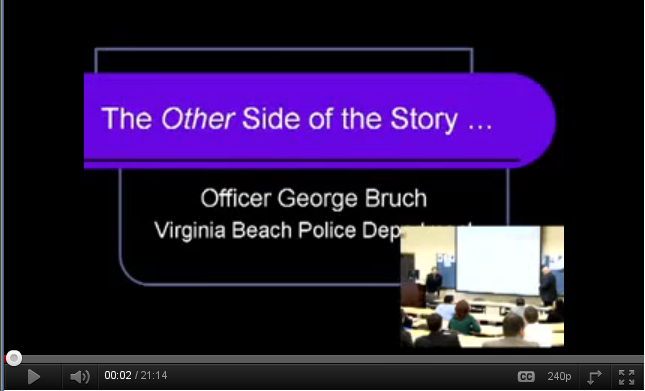

And he fills the margins with colorful supporting roles, pushed to the hilt by a cast that includes then-unknowns like Stanley Tucci, Tony Shalhoub, and Jamey Sheridan, sterling character actors like Victor Argo, Philip Bosco, and Kurtwood Smith, and nice little turn by the late Phil Hartman (with some great dialogue about New York real estate trends). He wisely resists the urge to make Robards a dumb foil, knowing that putting a good, smart cop on their trail amps up the tension. The first-rate script by Howard Franklin hands plenty of dry zingers to Murray – and to Davis, whose reactions to their delays grow increasingly and hilariously frantic (when she realizes they’re being mugged, she interrupts a moment of quiet contemplation to announce, “OH THIS IS A FUCKING NIGHTMARE” as Murray and Quaid attempt to explain their airport destination to the clueless cabbie, she chimes in, “Yeah, why don’tcha just take us straight to SING-SING”).
The man who knew too little disc driver#
Faced with a parade of obstructions and weirdos – missing freeway signs, moron constructions workers, a bizarre street jousting match (“Just a couple of guys sortin’ out some things,” Grimm shrugs), a white collar mugger, a taxi driver whose spoken language is anyone’s guess, murderous gangsters, and a woman shaving a guy’s head on the bus – Grimm and his gang watch their escape route stretching further out of reach, while the police (led by a wonderful Jason Robards) close in. Instead, Quick Change tosses off that great turn twenty minutes in, discovering that the real achievement is not knocking off a bank, but getting the hell out of New York. (Seriously, I hope Cronley bought himself a nice steak dinner after he thought this up.) His two similarly made-up accomplices, Phyllis and Loomis (Geena Davis and Randy Quaid), do the same all three smuggle out the cash, ditch their disguises, and make for the airport while the cops are still surrounding the bank. To wit: Grimm loses the clown get-up and comes out in a different disguise as a hostage. Plenty of thrillers would’ve been more than satisfied settling with the tropes the picture trots out – the tellers and customers held hostage in the vault, the tense negotiations with the cops, the inevitable scrum of New York looky-loos outside – meandering their way towards Grimm’s (and author Cronley’s) brilliant escape plan. Plenty of ‘80s comedies would’ve just ridden this premise for 90 minutes. Most of the easy laughs in the first act are borne out of that high concept – the bank’s guard (the wonderful Bob Elliot of Bob & Ray) fuming, “What the hell kinda clown are you,” and Murray deadpannig back, “The crying-on-the-inside-kind, I guess,” that kinda thing. Yet the nostalgia and affection for that picture also reminds this writer of the other, lesser loved, yet uniquely wonderful Bill Murray New York movie: Quick Change, a clever mash-up of Dog Day Afternoon and After Hours which opened and closed quickly in the summer of 1990, and has never quite gotten its due among either the Murray filmography or the rich history of sweaty, rotting Big Apple movies.īased on the Jay Cronley novel of the same title (previously adapted as a French-Canadian production titled Hold-Up, with Jean-Paul Belmondo in the leading role), Quick Change begins as a fairly standard comic bank robbery flick, but with an irresistible central premise: Murray robs a downtown Manhattan bank in full-on clown gear, complete with white make-up, red nose, floppy shoes, and balloons.

Īs we ramp up to the Friday release of the weirdly controversial Ghostbusters reboot, at least all sides can agree on one thing: the original 1984 version was pretty great. This week, a look back at Bill Murray’s sole directorial effort, the 1990 escape-from-New-York comedy Quick Change. Welcome to “Second Glance,” a new bi-weekly column that spotlights an older film of note (thanks to an anniversary, a connection to a new release, or new disc or streaming availability) that was not as commercially or critically successful as it should’ve been.


 0 kommentar(er)
0 kommentar(er)
